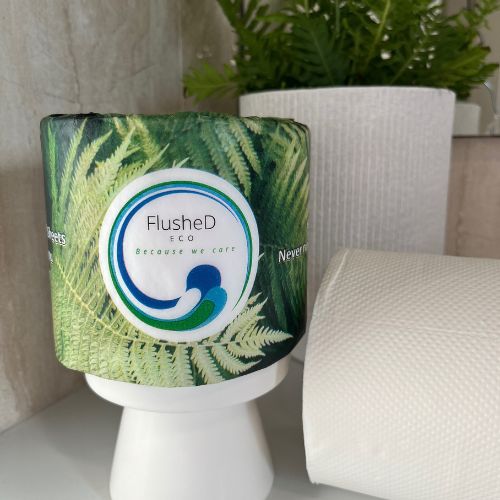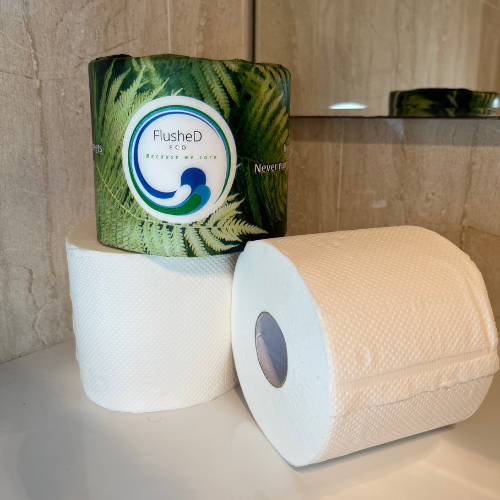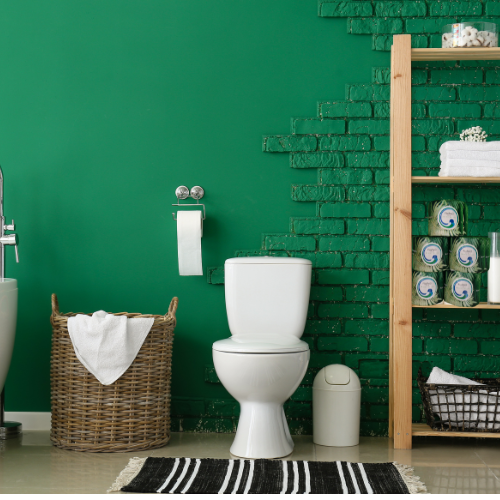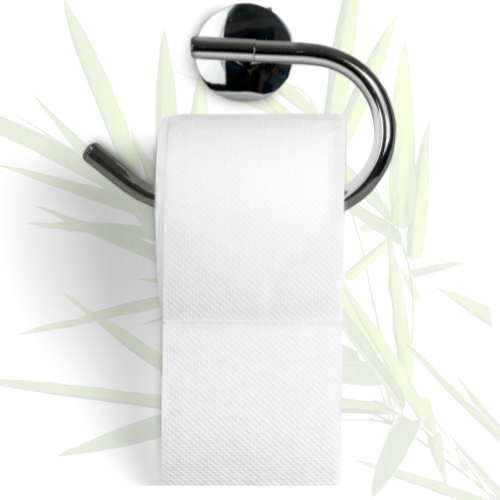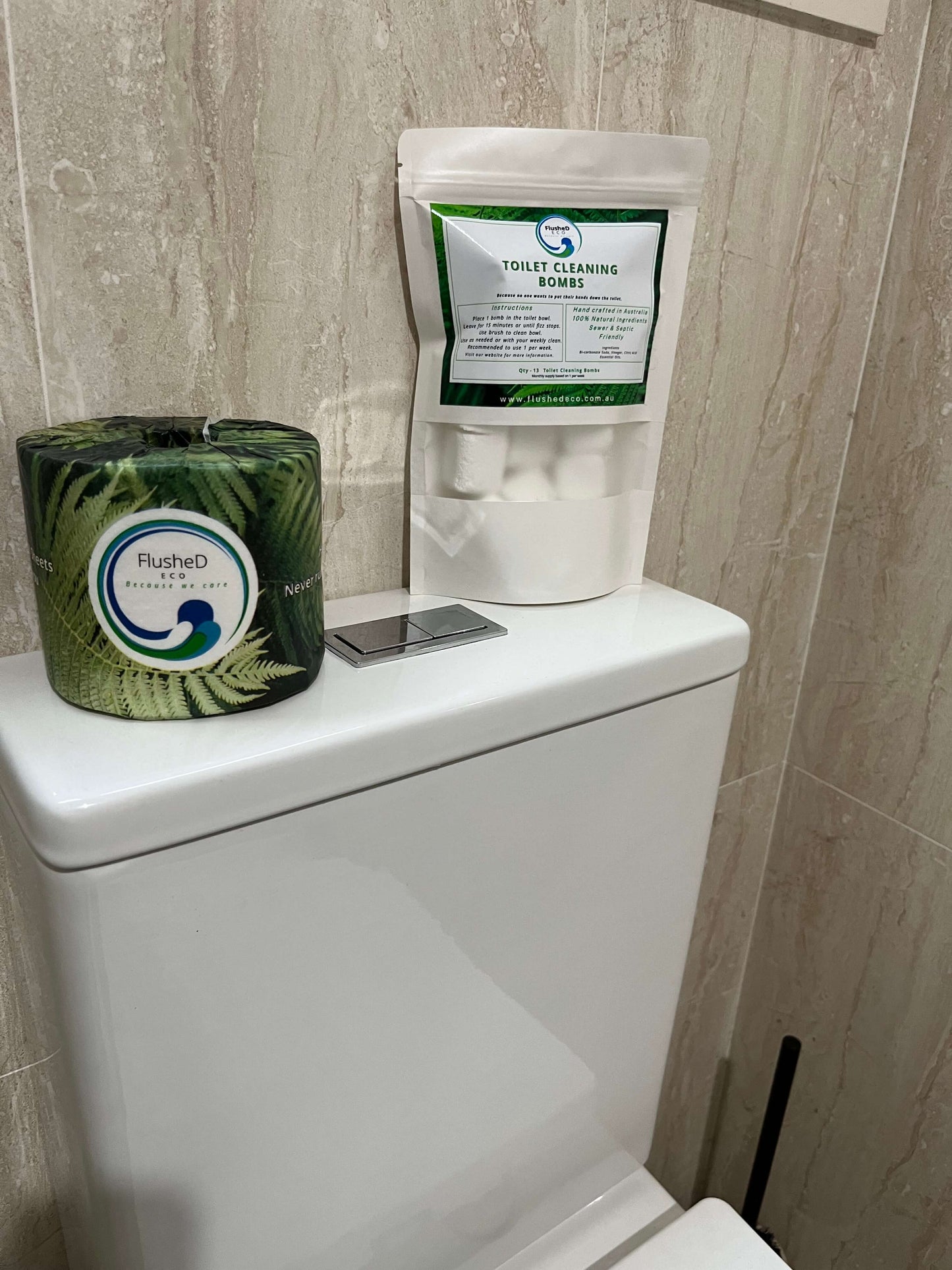Bamboo toilet paper Vs Regular toilet paper
Here are some comparisons between bamboo toilet paper and regular virgin pulp toilet paper:
-
Raw material: Regular toilet paper is typically made from virgin pulp, which is obtained from trees, while bamboo toilet paper is made from bamboo pulp, which is a renewable resource that grows faster and requires less water and pesticides than trees.
-
Softness and strength: Bamboo toilet paper is generally softer and stronger than regular toilet paper because bamboo fibers are longer and more flexible than wood fibers. This means that bamboo toilet paper can provide a more comfortable and durable wiping experience.
-
Environmental impact: Bamboo toilet paper has a lower environmental impact than regular toilet paper because bamboo is a fast-growing plant that requires less water and fewer pesticides than trees. In contrast, the production of virgin pulp toilet paper requires a lot of water and can contribute to deforestation.
-
Chemicals: Regular toilet paper often contains chemicals such as bleach and fragrances that can be harmful to the environment and can irritate sensitive skin. In contrast, many bamboo toilet paper brands use eco-friendly and non-toxic processing methods that are safe for both humans and the environment.
-
Price: Bamboo toilet paper can be more expensive than regular virgin pulp toilet paper due to the additional processing steps required to turn bamboo into pulp. However, the price difference is often offset by the fact that bamboo toilet paper is more durable and can last longer than regular toilet paper, meaning less frequent purchases.
-
Biodegradability: Bamboo toilet paper is often more biodegradable than regular virgin pulp toilet paper. This means that it breaks down more easily in natural environments and can help to reduce waste and pollution.
-
Water usage: The production of bamboo toilet paper generally requires less water than regular virgin pulp toilet paper. This is because bamboo requires less water to grow than trees, and the processing methods used for bamboo pulp production typically require less water as well.
-
Renewable resource: Bamboo is a highly renewable resource that can be harvested without causing permanent damage to the environment. In contrast, the production of regular virgin pulp toilet paper can contribute to deforestation and can lead to the loss of biodiversity.
-
Carbon footprint: The production of bamboo toilet paper can have a lower carbon footprint than regular virgin pulp toilet paper. This is because bamboo grows faster than trees and absorbs more carbon dioxide from the atmosphere during its growth.
- Plastic Free - Bamboo toilet paper is generally packaged with no plastic and completely recyclable or compostable packaging making it an eco-friendlier option when it comes to reducing waste and plastics.
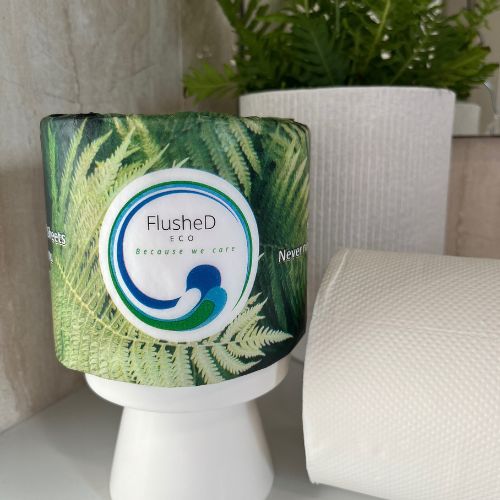
FlusheD ECO
100% Bamboo Toilet Paper
Share
